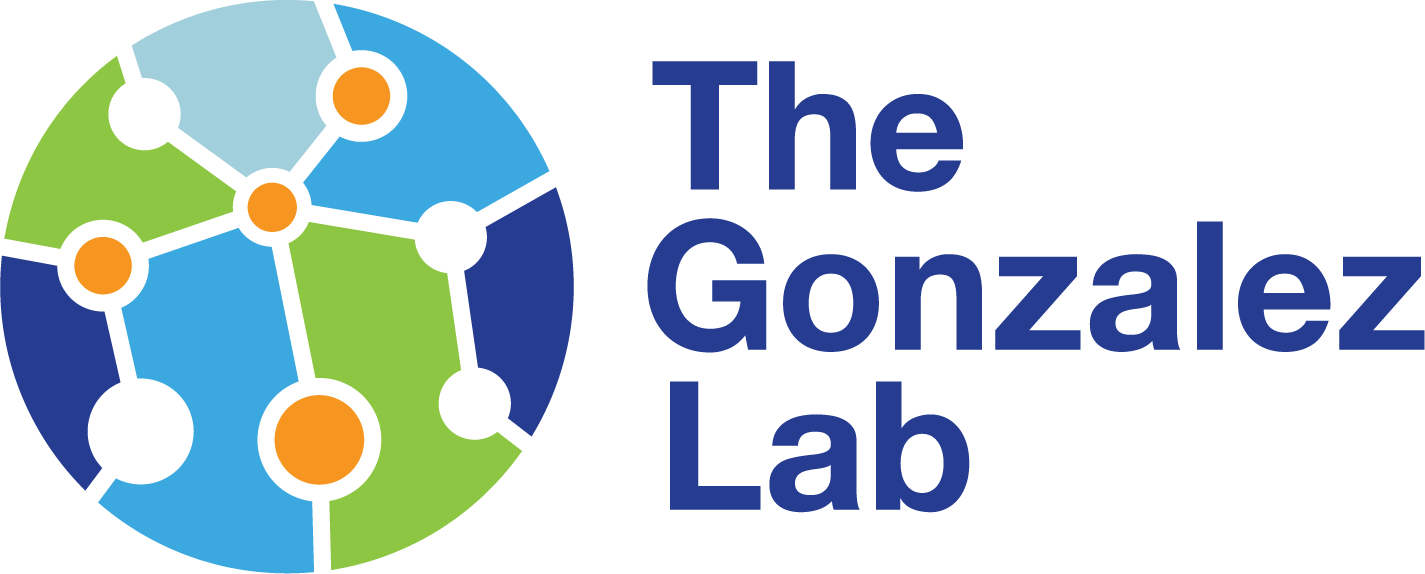You don't need to be a scientist to contribute to biodiversity conservation
On Monday February 20th, Professor Gonzalez was invited by the House of Commons of Canada to address the Standing Committee on Science and Research on the importance of citizen science in biodiversity research.
Besides being a professor and researcher at McGill University, Prof Gonzalez is also the founding co-director of the Quebec Centre for Biodiversity Science (QCBS). The QCBS is a strategic research network composed of 108 researchers and ~500 graduate students from 15 universities and colleges in Quebec. Over the last decade the QCBS has fostered and supported citizen science projects in Quebec, Canada and elsewhere around the world.
Last December saw the historic agreement of the Kunming-Montreal Global Biodiversity Framework of the UN Convention on Biological Diversity. This landmark plan with 4 Goals and 23 Targets is designed to avert the global biodiversity crisis. The text recognizes the essential knowledge contributed by indigenous peoples, local communities and citizen groups over the world. Without them we will not reach these targets.
It is not an exaggeration to say that the last decade has seen a transformation in the participation and contribution of citizens to biodiversity science - where citizens with different levels of expertise can engage in scientific projects. New technologies have been part of this story. For example, the social network called iNaturalist, which allows citizens to take photos of organisms and share them with their phones, has recorded 9.7 million observations of nearly 35,000 species made by 171,000 Canadian citizens, a remarkable contribution!
This activity is filling large gaps in our knowledge of Canada’s biodiversity. A report in 2010 by the Federal, Provincial, and Territorial Governments of Canada called “The Ecosystem Status and Trends Report of Canada” concluded: “We lack long-term, standardized, spatially complete, and readily accessible monitoring information…this significantly hinders our capacity to assess the status and health of Canada’s ecosystems.” This quote is as relevant today as it was in 2010. Our task of monitoring biodiversity change in Canada cannot be achieved by government or researchers alone; citizen science is vital.
In response to this growth, the QCBS has invested in projects designed to initiate and support citizen science. We do this in collaboration with partners such as government ministries, conservation NGOs, and zoos. You can find the projects on the QCBS public portal “Quebio”. Here is a brief description of a few of them.
Alarming trends in bird, bat and bee populations have been the focus of several successful citizen led projects. The project “Des nids chez vous” (Nests at home) encouraged more than 500 elementary school children to install nest boxes in their backyard and to monitor the presence of nesting birds via the project’s website. When a bird box is occupied, scientists then track the health and success of the fledglings to understand the long term fate of bird populations.
To date these children have made more than 4 500 observations of 111 bird species. The scientific and educational value of the project is remarkable.
In the pan-Canadian project Batwatch, citizens have reported the presence of over 900 bat colonies in their attics, barns or bat boxes, allowing scientists to track the impact of the White-nosed syndrome, a disease which is causing unprecedented mortality in hibernating bats in Canada. Citizens are also helping digitize hundreds of thousands of plant specimens in herbarium collections thanks to an online platform developed by the QCBS. This is providing precious historical reference data, now in digital form, to the research community.
Canadian citizens are also contributing internationally, via applications like iNaturalist, eBird or eButterfly, assisted by Artifical Intelligence and taxonomic experts, to report observations of wild species in other countries. This information is then shared globally.
Citizen science also promotes science education allowing participants to understand the wildlife and ecosystems that surround them. Citizens are becoming experts in their own right, able to further support the scientific activities in their communities. A recent study has shown that volunteers who participated in citizen science activities have elevated scores of wellbeing.
So, in summary, the participation of citizens in research is having a transformative effect on science and society at large. We recognize the remarkable contribution of citizen science to understanding and averting the biodiversity crisis and are only just learning to promote this society-wide effort.

